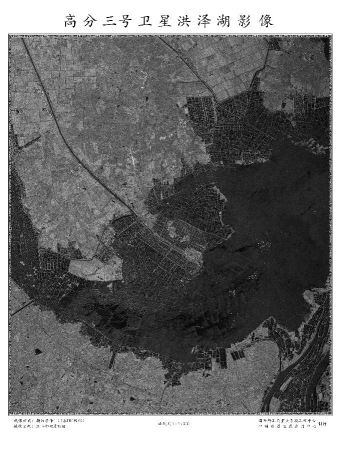China beats target by creating 13m urban jobs
China created 13.14 million new jobs for urban residents last year, exceeding the official target, but the country faces challenges this year to create jobs for a historic high of almost 8 million university graduates.
![University graduates attend a job fair in Shanghai early this month.[Photo/Xinhua] University graduates attend a job fair in Shanghai early this month.[Photo/Xinhua]](http://images.china.cn/attachement/jpg/site1007/20170124/f44d307d90cc19f0f5cb0c.jpg) |
|
University graduates attend a job fair in Shanghai early this month.[Photo/Xinhua] |
The registered unemployment rate in Chinese cities stood at 4.02 percent at the end of last year, down from 4.04 percent three months earlier, Lu Aihong, an official with the Ministry of Human Resources and Social Security, told a news conference on Monday.
He said the country has “obtained obvious achievements” in promoting entrepreneurs to create jobs through the construction of incubation bases, and the government has also encouraged migrant workers to start businesses in their hometowns.
The government pledged to keep the whole-year registered unemployment rate below 4.5 percent and create at least 10 million jobs last year.
According to the Ministry of Human Resources and Social Security, China created 13.12 million jobs in 2015, and the registered unemployment rate in cities stood at 4.05 percent.
“The employment situation this year is stable, but there is also something to be worried about,” Lu said.
Though the Chinese laboring population has been declining since 2012, some laborers entered the market comparatively late due to educational reasons, which will keep the demand for jobs high in cities this year, and the rural laborers who are entering cities for work also increase the demand, he said.
He said employment pressure also comes from the task of re-employing workers laid off from a reduction in capacity and the downward pressure on the economy.
Meanwhile, Lu said he is expecting more jobs to be created as the country reforms its economy amid the acceleration of urbanization and the promotion of the Belt and Road Initiative.
This year, there will be 7.95 million university graduates-300,000 more than last year.
Lu said the ministry will encourage graduates to work in grassroots organizations and encourage them to start their own businesses.
Chen Yang, 27, a senior postgraduate at the School of Government, Nanjing University, said he thinks the employment situation this year will be “not that bad”.
“As far as I am concerned, one-third of the 2017 graduates have guaranteed themselves a job, though they are still several months away from graduating,” he said.
Chen, who hasn’t found a job yet, doesn’t show much interest in working for grassroots organizations, though it’s “possible” that there might be good opportunities there, he said.

![Chinese police escorting Li Huabo (C), second of the list of China's '100 most wanted economic fugitives' after he arrived at Beijing Capital International Airport. May 9, 2015. [Photo / Xinhua] Chinese police escorting Li Huabo (C), second of the list of China's '100 most wanted economic fugitives' after he arrived at Beijing Capital International Airport. May 9, 2015. [Photo / Xinhua]](http://images.china.cn/attachement/jpg/site1007/20170123/f44d307d90cc19efdcad01.jpg)